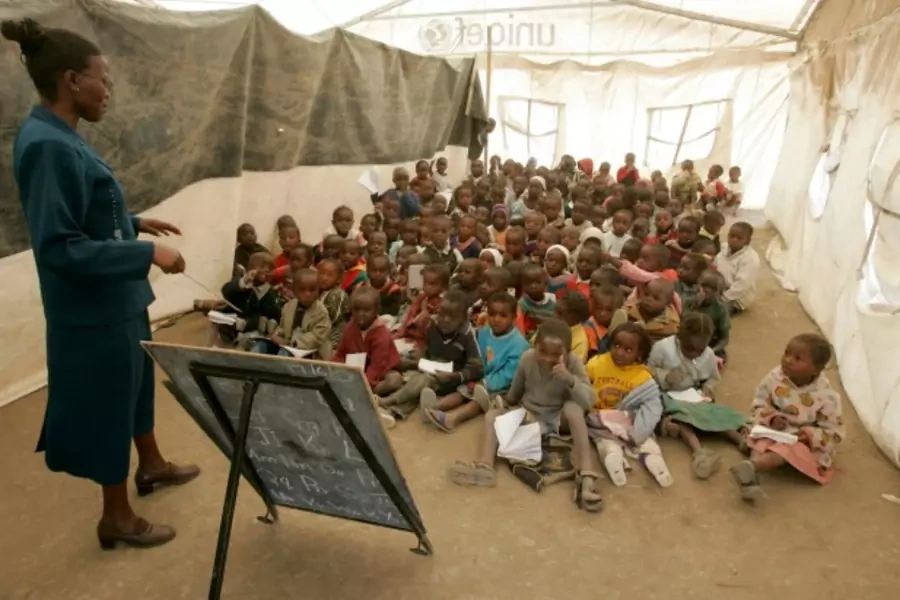Mo Ibrahim on Africa’s Growth

More on:
Earlier this week, we hosted Mo Ibrahim, the global telecom magnate and founder and chair of the Mo Ibrahim Foundation, at the Council on Foreign Relations. Ibrahim spoke intelligently about Africa’s development and governance challenges. His insights are relevant to some of my earlier posts regarding inequality and the youth bulge in Africa.
Ibrahim described how, thanks to mobile technology and growing internet access, today’s youth in Africa are better connected and informed than in previous generations. As Ibrahim pointed out, however, the youth population, which makes up roughly half of the continent’s total population, faces bleak employment prospects. The education system in Africa is broken and many young people do not receive useful job training. Unemployment and failing education threaten Africa’s future prosperity and stability.
Ibrahim also delivered sober words on African governance. Although Africa is one of the most resource-rich continents, there is still rampant poverty and inequality. Ibrahim believes this is largely due to poor governance. The Ibrahim Foundation’s Index of African Governance (IIAG), a collection of quantitative data measuring eighty-eight governance indicators in every African country, reports that although there have been fewer cross-border conflicts in recent years, the number of internal conflicts has increased – in part fueled by jobless and frustrated youth populations. In addition, the index shows that the economic growth of the past decade has overwhelmingly benefited elites and has not trickled down to the larger population.
To encourage better governance, the Mo Ibrahim Foundation not only publishes its IIAG report yearly, but it also awards the Ibrahim Prize for Achievement in African Leadership to a former African head of state who exhibited excellence in governance. Ibrahim hopes the prize will stimulate conversations in African countries about the value and meaning of good governance, and reorient the spotlight away from corrupt autocrats such as Robert Mugabe toward some of Africa’s better leaders such as Festus Mogae of Botswana.
The Ibrahim Prize was most recently awarded to Pedro de Verona Rodrigues Pires of Cape Verde in 2011. Last year, with no qualified candidates, the award was not given out; nor was it awarded in 2009 or 2010 – highlighting Africa’s continuing governance problem.
Economic growth is a promising development in Africa, but, as Ibrahim stressed, it is only one ingredient to Africa’s success. Substantial reforms in governance and education need to take place before Africa can truly thrive.
More on:
 Online Store
Online Store
